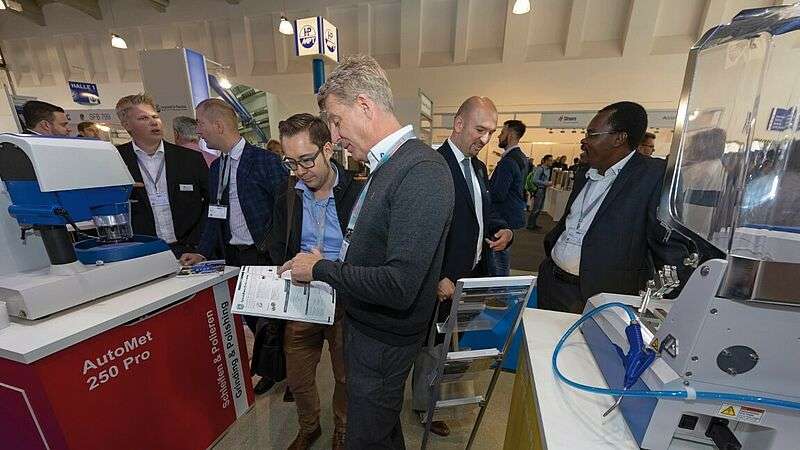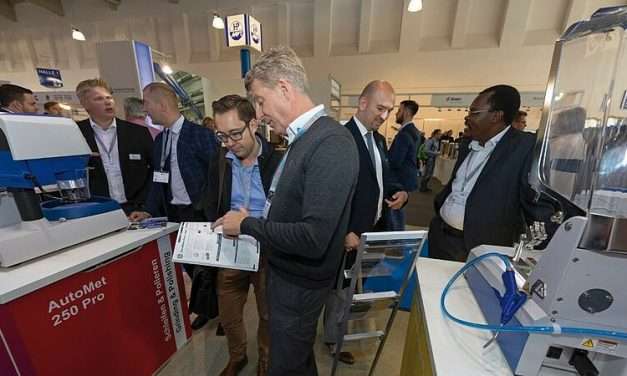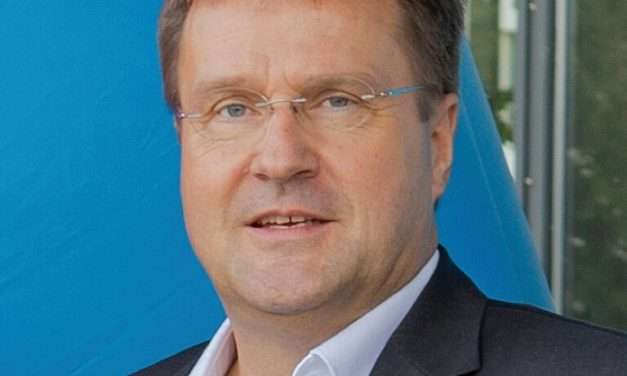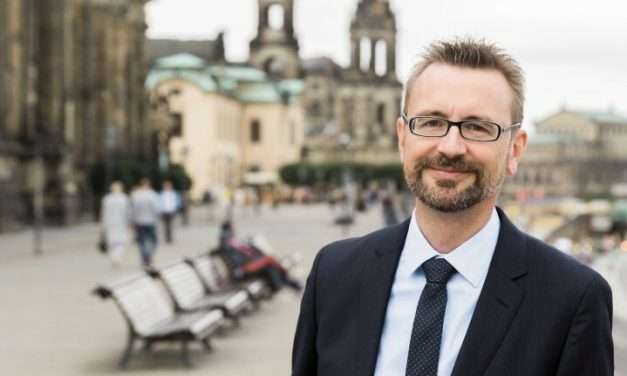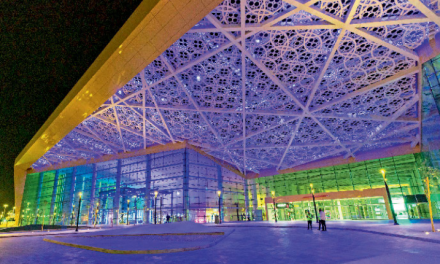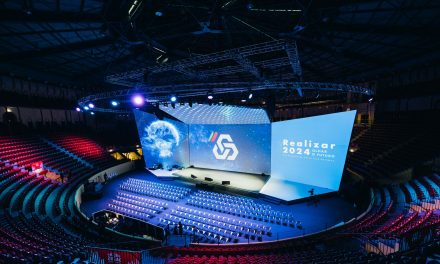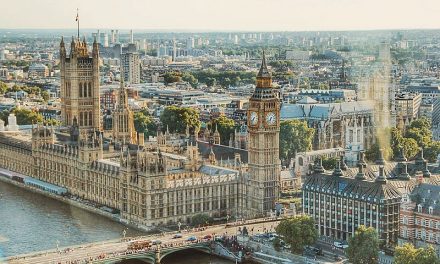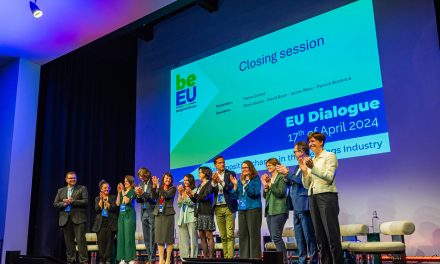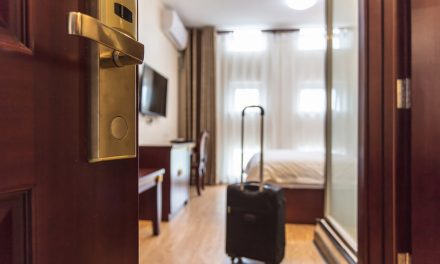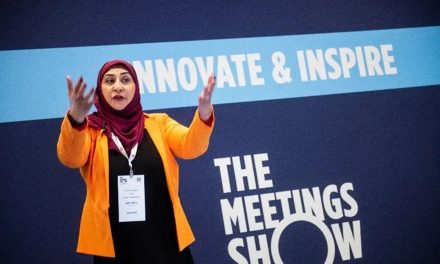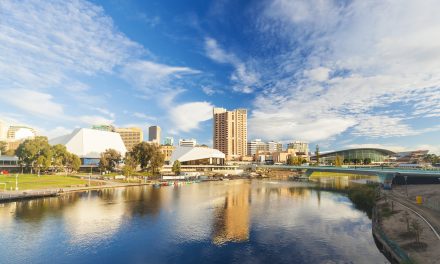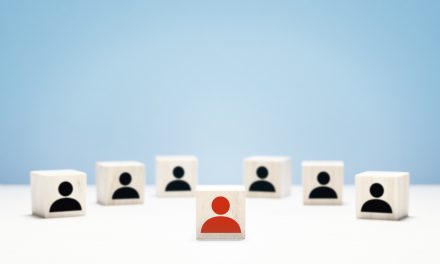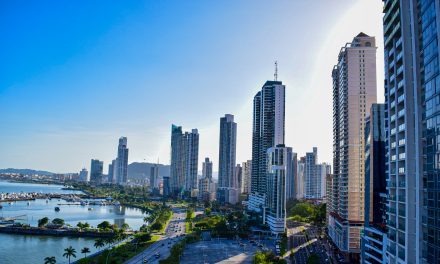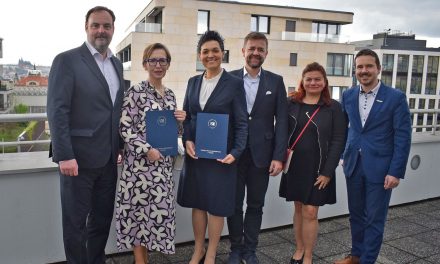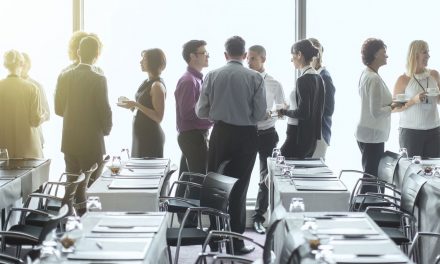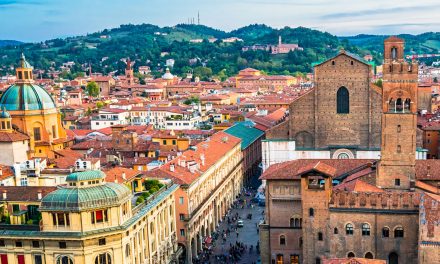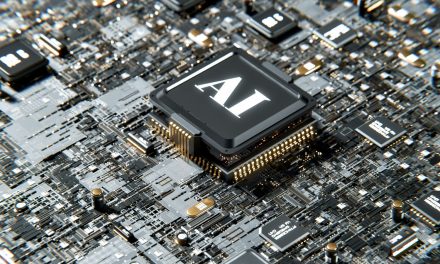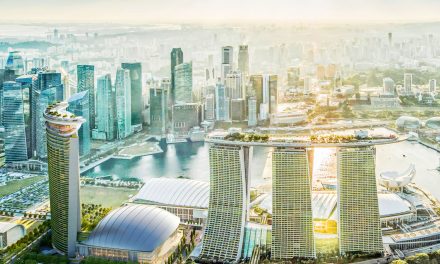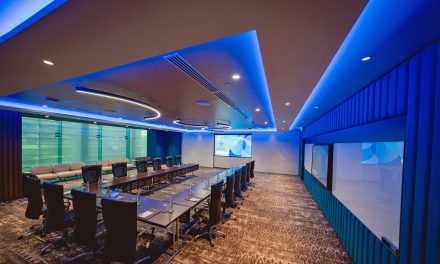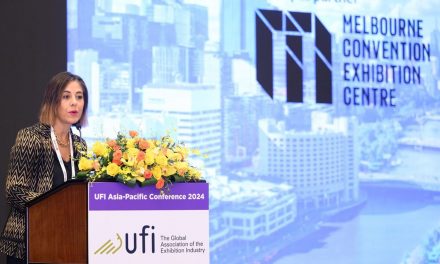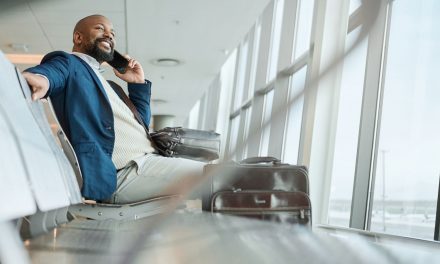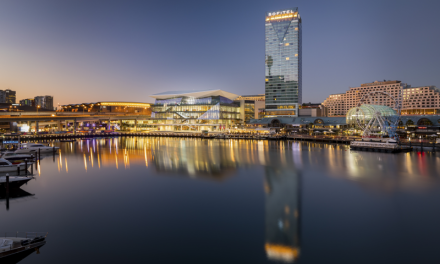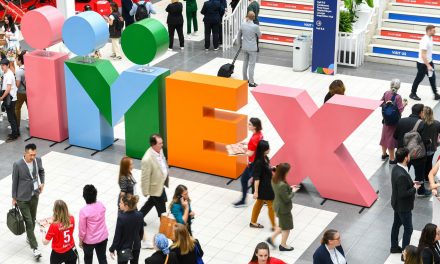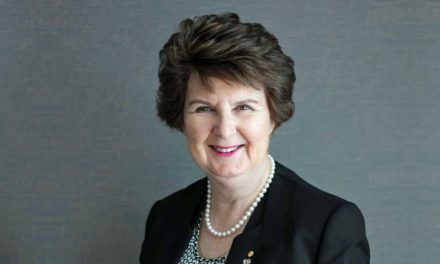Successful format. “With its strong materials community, Dresden is, so to speak, the ‘natural location’ for Werkstoffwoche 2019,” points out the Lord Mayor of the Saxon capital, Dirk Hilbert. As a stronghold of materials science and technology as well as home to over 2,000 materials researchers, Dresden is the ideal host city.
Organised by the VDEh Steel Institute and the German Materials Society (DGM), the congress took place there for the third time running. From 18 to 20 September, professionals shared views on the main topics of the fair: additive manufacturing, digitisation and biologisation (integrating principles of nature into modern fields of industry) of materials technology at Messe Dresden. The main programme with lectures and symposia was flanked by 80 exhibitors and a “Materials Party” on the second evening.
The 53rd Metallography Congress and various events of the Federal Ministry of Research took place at the same time. As the host, the federal state capital also organised a trip for journalists titled “Materials of the Future for Industry”, with visits to local companies and research institutions before the congress kicked off. This is a winning concept: “Werkstoffwoche has become a fixture for research in my diary,” says attendee Annedore Bose-Munde.
To ensure that everything runs smoothly, the event is managed by the experienced and motivated DGM team. Its members show great coordination skills, juggling more than 20 associations and institutions in their planning. The project manager and managing board member Dr. Frank Fischer is assisted by three event managers, who are in turn supported by all eleven DGM staff members and its implementing subsidiary DGM-Inventum.
In early 2018, the first round of planning started with a kick-off meeting bringing together 40 industry and science professionals. Together they reflected on and analysed the past editions of Werkstoffwoche, making organisational and programme changes. For example, Posters were integrated for the first time in the 2019 edition. Then came intensive talks with Messe Dresden on stand construction, while simultaneously inviting exhibitors to participate.
In parallel, there was an extensive coordination process with the symposium organisers. The lecture programme was finalised with 450 contributions received. “The submissions also presented us with an organisational problem regarding the different rooms, forcing us to change the previous layout and, in coordination with Messe Dresden and the technology company Neumann & Müller, to generate four additional lecture spaces in the congress area,” reports Dr. Fischer. The solution was a room-in-room concept in the exhibition hall.
The project manager is convinced that the wealth of experience gained by the DGM team since the premiere in 2015 is pivotal to the success of Werkstoffwoche 2019. He points out: “Keeping in control, considering the needs and requirements of everybody involved so that they can make the best possible contribution, and jointly steering and coordinating – this is the greatest challenge. Thanks to this, we also grow from Werkstoffwoche to Werkstoffwoche.”
- Project Manager and Managing DGM Board Member Dr Frank Fischer. (Photo: Deutsche Gesellschaft für Materialkunde)
- Dr Jürgen Amann, Managing Director Dresden Marketing. (Photo: Dresden Marketing GmbH/Sven Döring)

